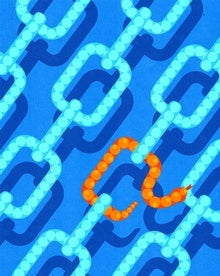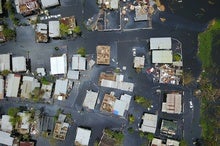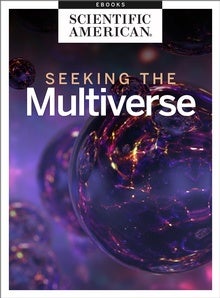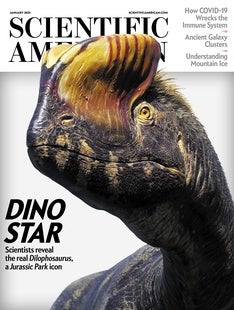 |
| January 27, 2021 |
Dear Reader,
Most large elliptical galaxies take many billions of years to reach their massive sizes. But, for reasons unknown, some of these giants manage to bulk up much earlier in cosmic history. Read today's lead story to learn more. Next, nearly a half-million people died over the past two decades from conditions associated with climate disasters, according to new findings. Puerto Rico suffered the greatest impacts during that time period. And lastly, hospitals are working hard to expand their facilities and draw in extra staff during the pandemic. But they are also beginning to consider plans for other ways to cope, including some forms of rationing care, if the flood tide of COVID patients continues to rise. |
| | Sunya Bhutta, Senior Editor, Audience Engagement
@sunyaaa | |
 |
| |
| |
| |
| |
| |
| |
| |
FROM THE STORE
 | | Seeking the Multiverse Instead of "what if the South won the Civil War?" cosmologists ask, "what if the constants that make up the fundamental building blocks of physics were different?" Physicists argue that any slight change to the laws of physics would mean a disruption in the evolution of the universe, and thus our existence. With the many factors that had to align for us to exist, it can seem like the laws of physics might seem finely tuned to make our existence possible. Instead of a supernatural or divine explanation, this eBook explores the possibility is that our universe isn't the only one. |  | | |
| |
FROM THE ARCHIVE
 | | | |
| |
LATEST ISSUES
 |
| |
| Questions? Comments?  | |
| Download the Scientific American App |
| |
| |






















Comments
Post a Comment